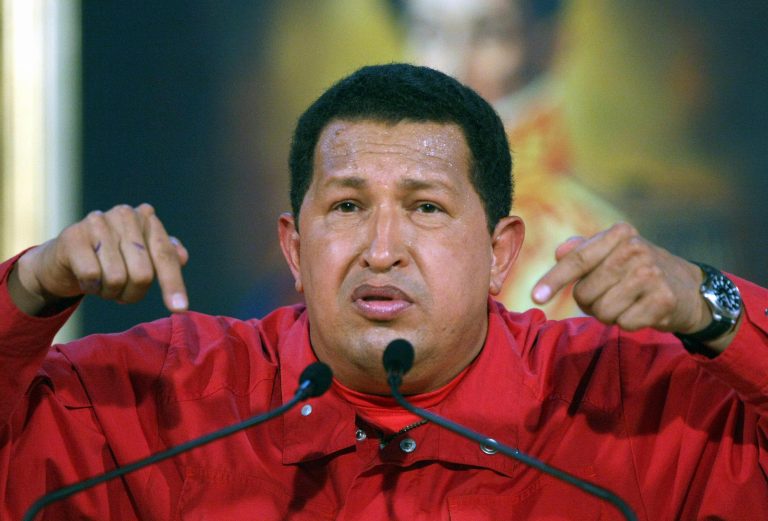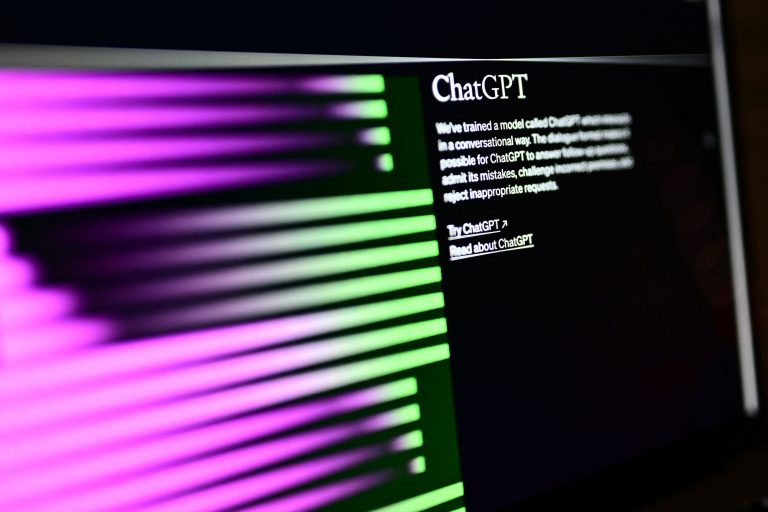Gustavo Delfino is a Michigan resident and former professor at Universidad Central de Venezuela. In 2004, Delfino was witness to numerous irregularities during the Venezuelan election, something that he later learned was tied to the use of Smartmatic systems. He was part of the 2003-2004 referendum in Venezuela that sought to recall a vote on Hugo Chavez, the socialist president of the South American country at the time.
When the issue of election fraud came up during the 2020 U.S. presidential election, Delfino looked into it and found that Smartmatic technology was employed during the American voting process as well. He was shocked to find that some of the “glitches” found in voting machines across the country had eerie similarities to those present in his native country 16 years ago.

These “glitches” apparently switched votes from one candidate to another. This was one of the biggest anomalies Delfino discovered. Others included the voting machines being connected to the Internet and the voting software undergoing an update the night before the election, despite the fact that every software update mandated a new audit.
Venezuelan election fraud
In the Venezuelan election, the electoral rolls had grown by 15 percent, yet the political parties were unable to verify the validity of the newly added voters. Smartmatic introduced a new feature in Venezuela’s polling stations in 2004 — continuous satellite connection. Since the network equipment was close to the voting machines, there was the inherent risk that the command center could manipulate the votes by covertly connecting to these machines. Delfino and his cousin Guillermo Salas discovered that the automated voting centers showed a much greater number of distortions than manual voting centers.
They published their findings in 2011, with the report being evaluated by esteemed Venezuelan scientist Rodrigo Medina who acknowledged the possibility of the election results being manipulated. “Medina’s paper is a hard mathematical proof of our hypothesis and is considered an ‘impressive verification’ by the editor of one of the most prestigious statistical journals in the world. This gives me total confidence to assert that the worst-case scenario for electronic voting machines has happened while using Smartmatic technology,” Delfino said to The Epoch Times.
Success
You are now signed up for our newsletter
Success
Check your email to complete sign up
Another Venezuelan warning Americans about election fraud in the 2020 election is Ana Mercedes Diaz. She was appointed the Director General of political parties of the National Electoral Council just before the 2003 referendum. In 2004, Diaz exposed the electoral fraud that occurred during the referendum, which ended up getting her fired. She later came to know that the government had chosen Smartmatic, a company with no experience in elections, after just three days of negotiations, which is not normal.
Diaz noted that the incidents of fraud happening in the U.S. mirrors what happened with the Smartmatic voting systems in Venezuela. “It was admitted by Smartmatic that the results can be manipulated… Smartmatic later came out of Venezuela, but it’s been proven that this type of fraud goes wherever they go. What’s happening in the United States is exactly the same thing… The program can make those changes from Trump to Biden… this change is almost impossible to detect,” she said to The Epoch Times. And just as several poll watchers and challengers were impeded from witnessing the vote-counting process during the 2020 U.S. elections, observers in Venezuela also were not allowed to see the votes being counted.
Diaz recounts an incident when the opposition was winning during a vote counting process, only for the lights to go off suddenly. When the lights came back on, the opposition was on the losing side. Smartmatic bought California-based Sequoia Voting Systems in 2005. The U.S. government had investigated the matter as the Smartmatic-Chavez ties became widely known. Smartmatic eventually sold off Sequoia sometime after 2006. But a lawsuit from 2008 claimed that Sequoia IPs were still held by Smartmatic. Then in 2010, Dominion came to own Sequoia. A recent audit reports Dominion voting systems as being intentionally designed to manipulate election results. More than 40 percent of Americans are thought to have cast their votes through Dominion for the 2020 presidential election.
Follow us on Twitter or subscribe to our email list
















